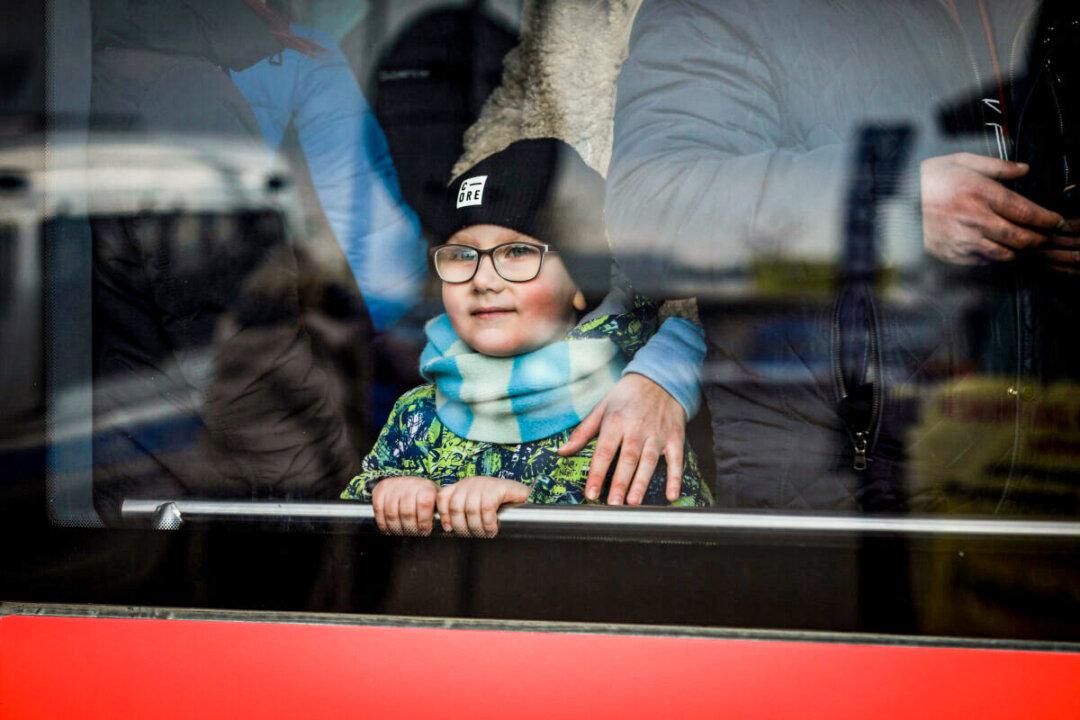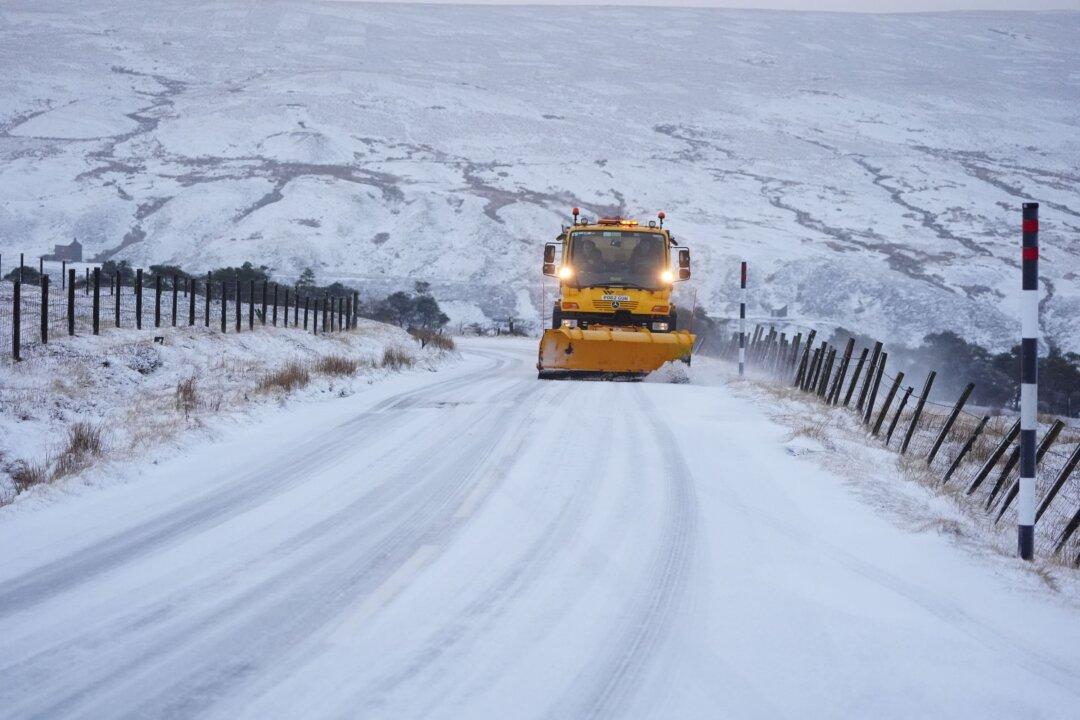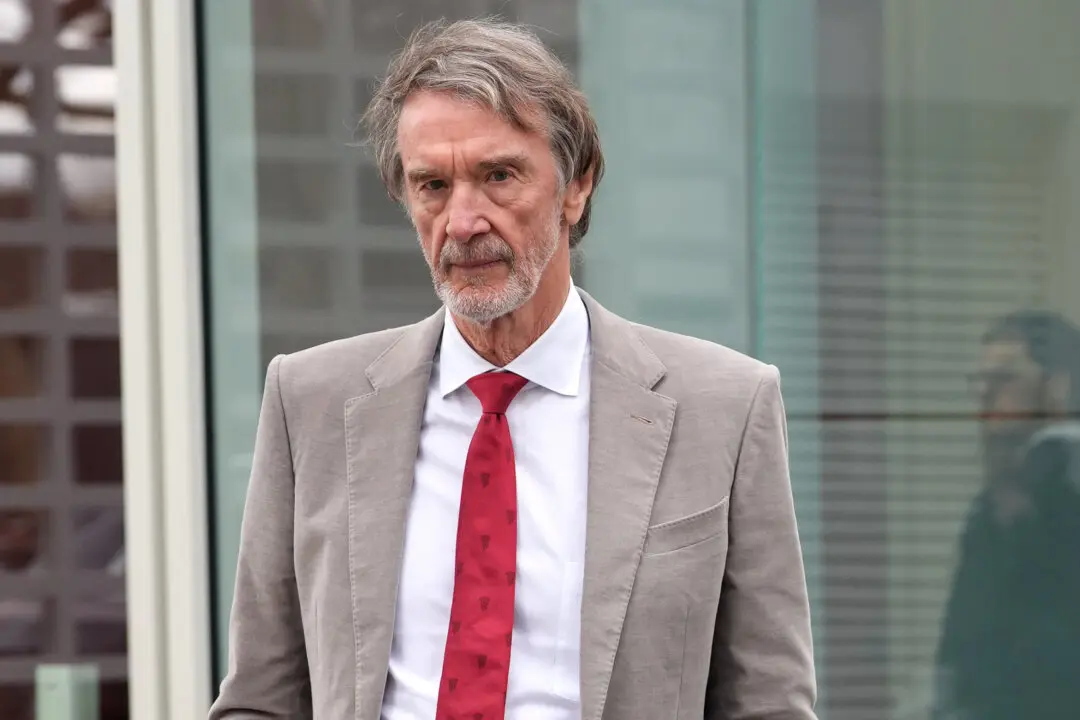More than 3,000 visas have been issued to Ukrainians seeking refuge in the UK, with “tens of thousands” potentially set to benefit from a new humanitarian scheme, UK Levelling Up Secretary Michael Gove has said.
Gove also announced that local authority areas will be entitled to more than £10,000 ($13,038) per Ukrainian refugee.




